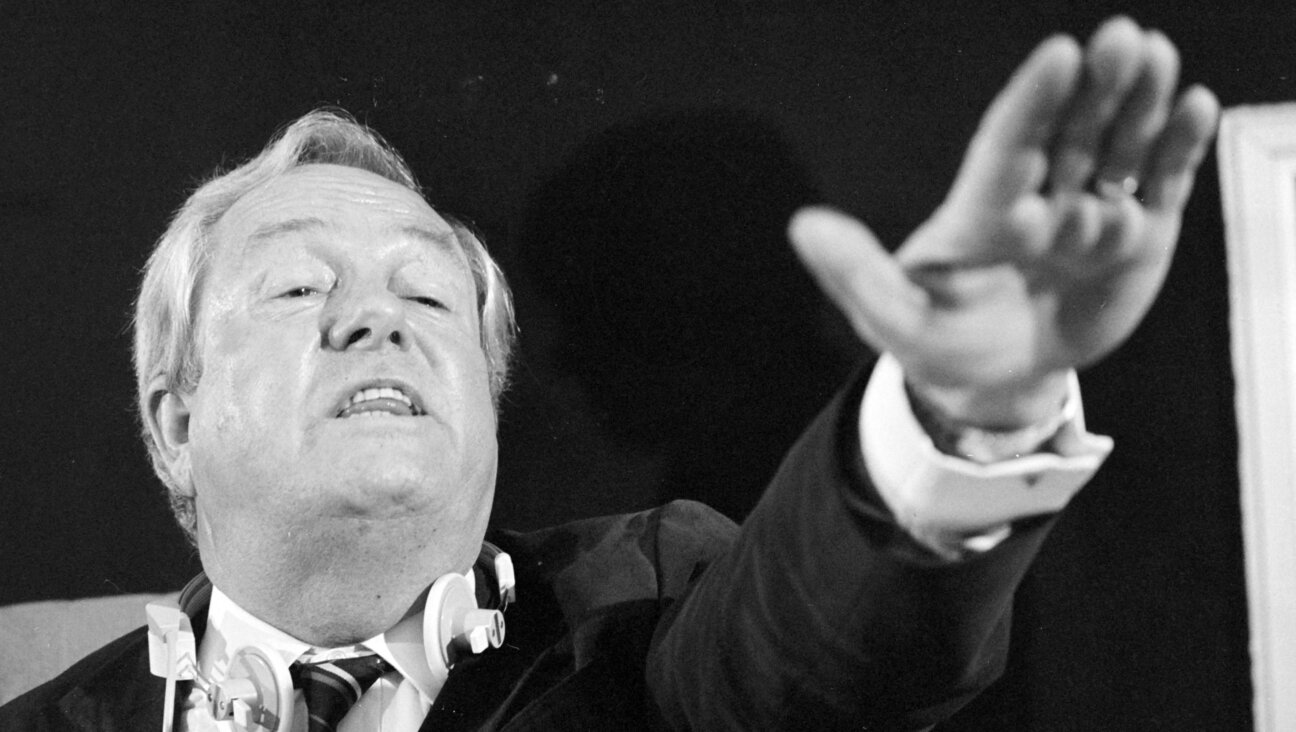Palestinians Want Vote on Peace Too — But How?

Image by getty images
Peace talks are due to properly restart today, but what lies at the end of the road if negotiators are successful?
There has been much discussion of the Israeli cabinet’s decision on Sunday to advance legislation to ensure that any peace deal is subject to a referendum. If the legislation passes Knesset, a plebiscite won’t just be required by law — it will be enshrined in a “basic law,” which is the closest thing that Israel has to a constitution.
To some this is a triumph for democratic decision-making; to others it is a further obstacle to peace, unnecessary in a representative parliamentary democracy.
The Palestinian leadership is also promising a referendum is a peace deal is reached. This has generated less discussion, but actually raises a more basic question — can it actually run a referendum?
The Palestinians are deeply divided, with the Western-backed Palestinian Authority ruling in the West Bank while the hard-line Hamas is in power in the Gaza Strip. The West Bank leadership is conducting the talks, but when it talks of a referendum, it means a vote in both the West Bank and Gaza.
But will Hamas allow a vote on a peace process that it rejects on its turf? Given that it has so-far blocked even far less controversial polling, such as last year’s local elections from taking place in Gaza, there is strong reason to suspect that it won’t.
The division between the PA and Hamas has paralyzed Palestinian voting. Palestinian President Mahmoud Abbas was elected for a four-year term in January 2005 — but due to the frictions new presidential elections have never been held.
One cannot help but fear a scenario where a draft peace deal is reached, and its signing is held hostage by the inability of the Palestinians to hold the promised referendum.
But one never knows — Hamas has given some indication in the past that it would not want to incur the international wrath that it would face from blocking a referendum, and would allow it to take place. If this happened, it would represent the tacit acceptance by Hamas of the peace process, which though difficult to envisage at this early stage, could come about.
A message from our Publisher & CEO Rachel Fishman Feddersen

I hope you appreciated this article. Before you go, I’d like to ask you to please support the Forward’s award-winning, nonprofit journalism so that we can be prepared for whatever news 2025 brings.
At a time when other newsrooms are closing or cutting back, the Forward has removed its paywall and invested additional resources to report on the ground from Israel and around the U.S. on the impact of the war, rising antisemitism and polarized discourse.
Readers like you make it all possible. Support our work by becoming a Forward Member and connect with our journalism and your community.
— Rachel Fishman Feddersen, Publisher and CEO























